NEWS and OPINIONS

Life Without Sickle Cell Beckons Boy Who Completed Gene Therapy
By Gina Kolata - New York Times - After 44 days, Kendric Cromer, 12, left the hospital. While his family feels fortunate that he was the first to receive a treatment, their difficult experiences hint at what others will be up against. Kendric Cromer, 12, left...

Neuroscientists discover a mechanism that can reactivate dormant neural stem cells
by Duke-NUS Medical School - MedicalXpress - An international team of neuroscientists, led by Duke-NUS Medical School, have uncovered a mechanism that controls the reactivation of neural stem cells, which are crucial for repairing and regenerating brain cells. The...

Human skin map gives ‘recipe’ to build skin and could help prevent scarring
by Wellcome Trust Sanger Institute - MedicalXpress - For the first time, researchers have created a single cell atlas of prenatal human skin to understand how skin forms, and what goes wrong in disease. Researchers from the Wellcome Sanger Institute, Newcastle...
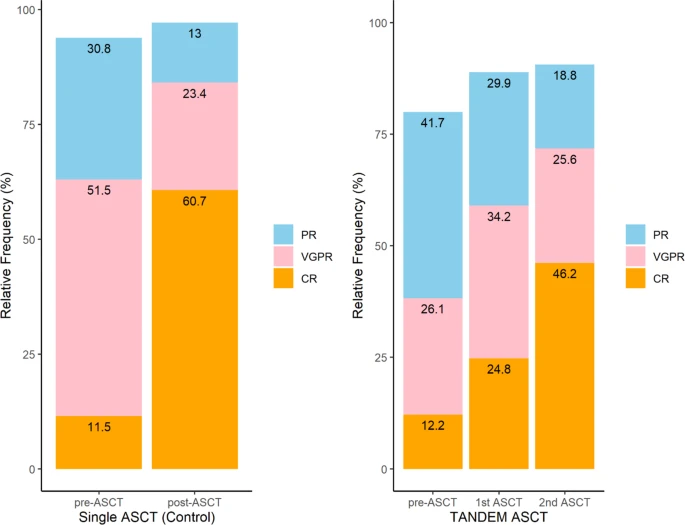
Comparative analysis of single versus tandem autologous stem cell transplantation in patients with multiple myeloma in Korea: the KMM2102 study
By - Nature - Despite treatment advances, multiple myeloma (MM) remains incurable1. High-dose chemotherapy followed by autologous stem cell transplantation (ASCT) is considered the standard treatment for eligible patients2,3. Moreover, ASCT is reportedly effective and...

A new era of COVID-19 brings new outlooks for cellular therapy recipients
By A Donlan - Fred Hutch Cancer Center - During the COVID-19 pandemic, it quickly became clear that certain populations were particularly at risk for severe disease. Individuals undergoing hematopoietic cell transplants (HCT) or chimeric antigen receptor T-cell (CART)...
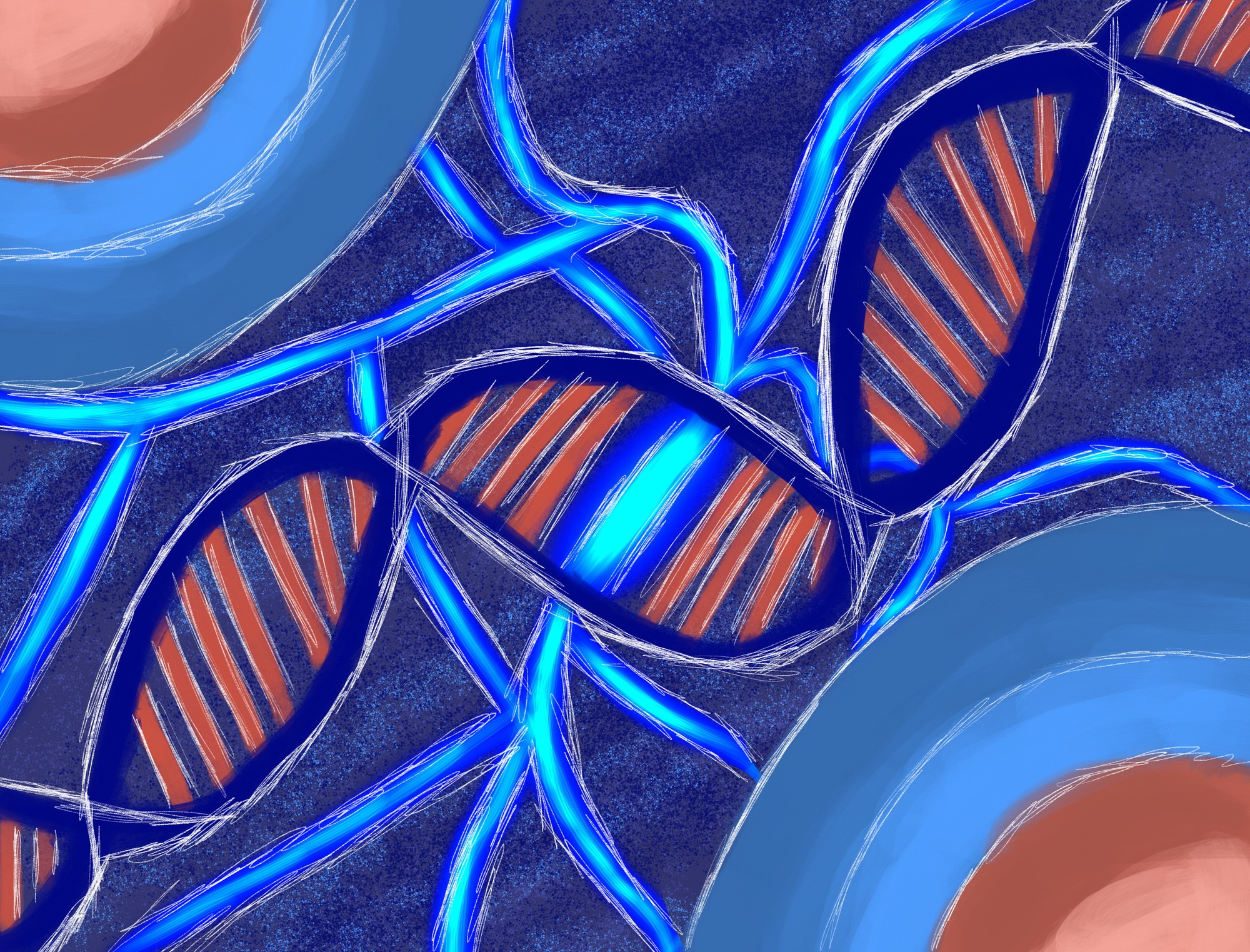
Researchers identify gene crucial to blood stem cell regulation, growth
By Danielle H. Cho - Daily Bruin - UCLA researchers have found a gene that may have implications for treating blood-related genetic diseases and cancers. All types of blood cells come from blood stem cells, said Júlia Aguadé-Gorgorió, the first author of the paper...
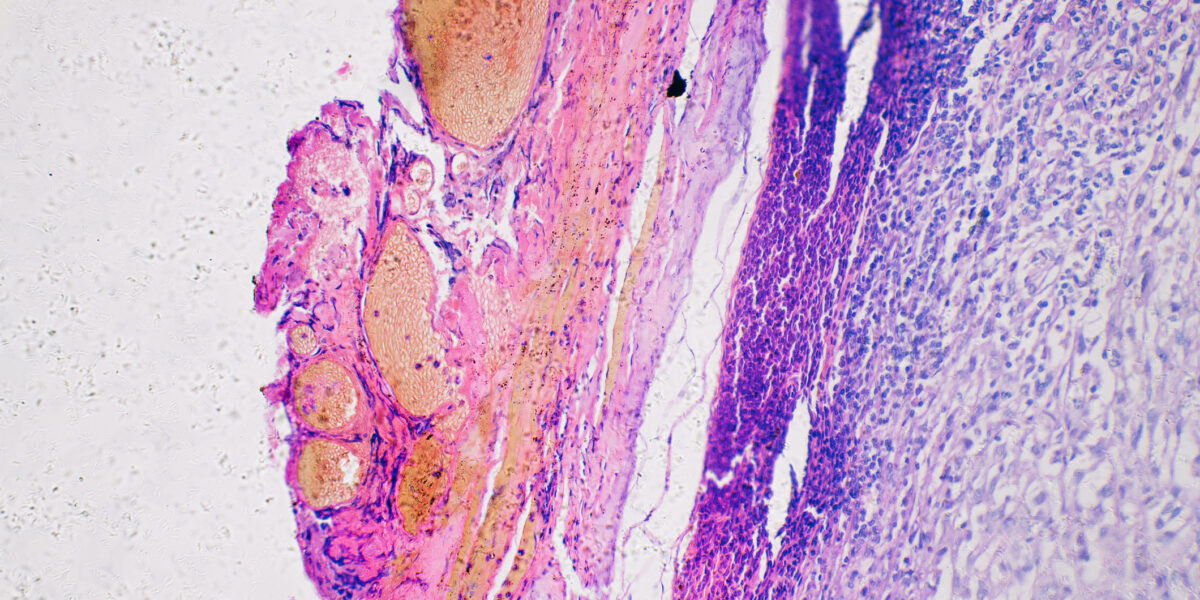
Scientists Use CRISPR Tools to Safely Disable Gene Mutation Linked to Advanced Skin Cancer
By Christiana Care News - In a potential advance for melanoma patients, researchers at ChristianaCare’s Gene Editing Institute have used CRISPR gene editing tools to disable a gene mutation often seen in aggressive forms of this dangerous skin cancer that renders...

Scientists Use Human Stem Cells to Restore a Monkey’s Vision
by Maggie Harrison Dupré - Neoscope - Scientists have successfully used human stem cells to patch a hole in a monkey's retina, restoring the primate's vision and marking a successful step forward in the quest to treat age-related vision loss. As detailed in a study...
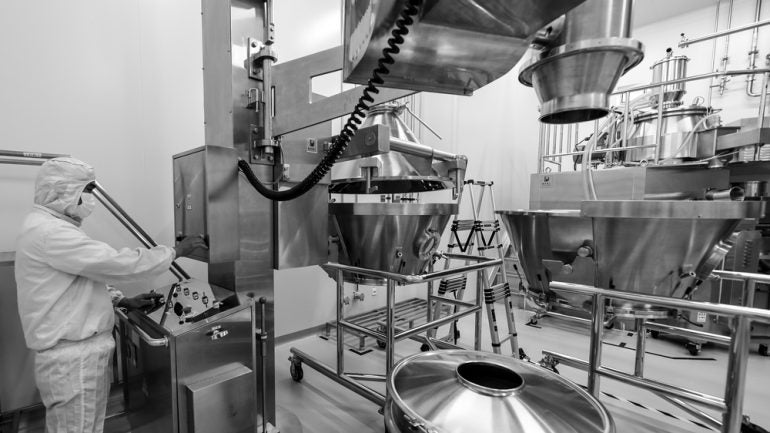
Cell and gene therapy approvals drive paradigm change in manufacturing
by Irena Maragkou - Pharmaceutical Technology - Innovative cell and gene therapies (CGTs) have significantly disrupted the treatment landscape for several genetic diseases. In recent years, the number of CGT approvals has been on an upward trajectory, with there being...
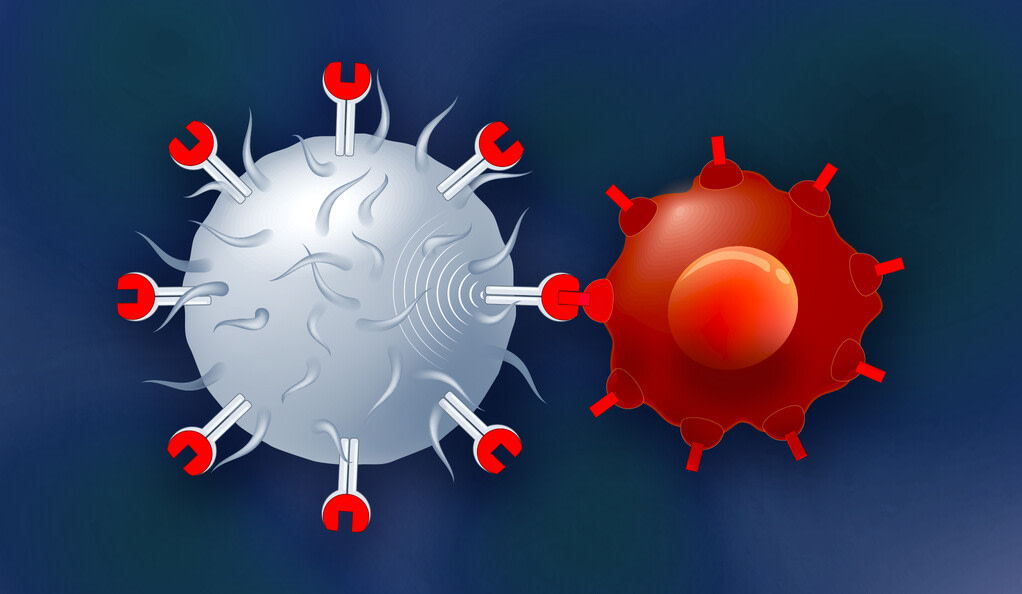
CAR T-Cell Therapy: Pathology Is Key to This Revolutionary Cancer Treatment
by Isabella Backman - Yale School of Medicine - CAR T-cell therapy, officially known as chimeric antigen receptor (CAR) T-cell therapy, is among the newest cancer treatments that harness our immune system— the powerful network of cells, tissues, and organs that fights...
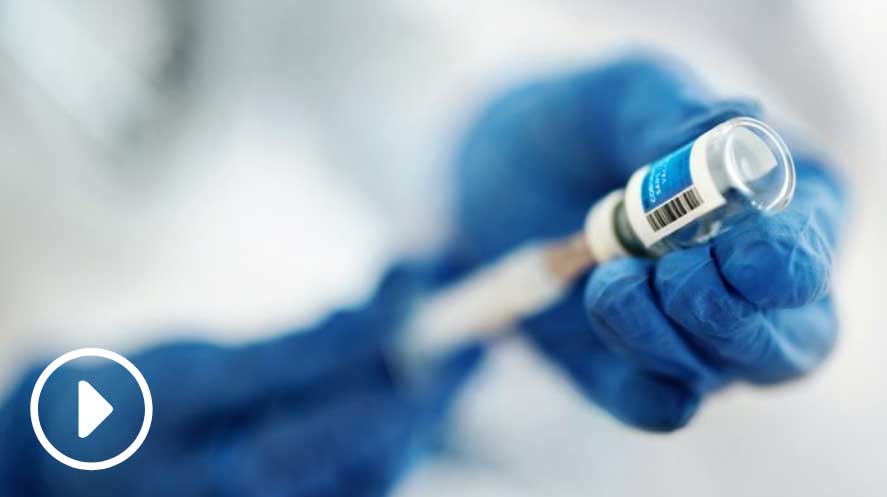
World’s first ovarian cancer vaccine being developed in UK ‘could wipe out the disease’
By Sky News - The world's first ovarian cancer vaccine could wipe the disease out, researchers have said. OvarianVax is a vaccine that teaches the immune system to recognise and attack the earliest stages of ovarian cancer. It's being developed by scientists at the...
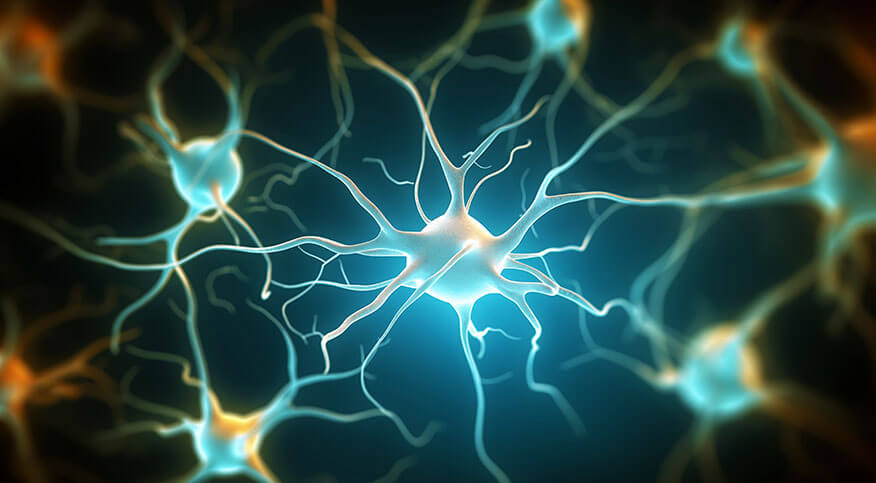
Purdue and UPenn research finds link between aging, fat accumulation in the brain
By Purdue University - With age, some cells in the brain enter a state of senescence: rather than dying or regenerating by dividing, they just linger, alive, but functioning less effectively than normal cells. Senescence in the brain has been linked to cognitive...
